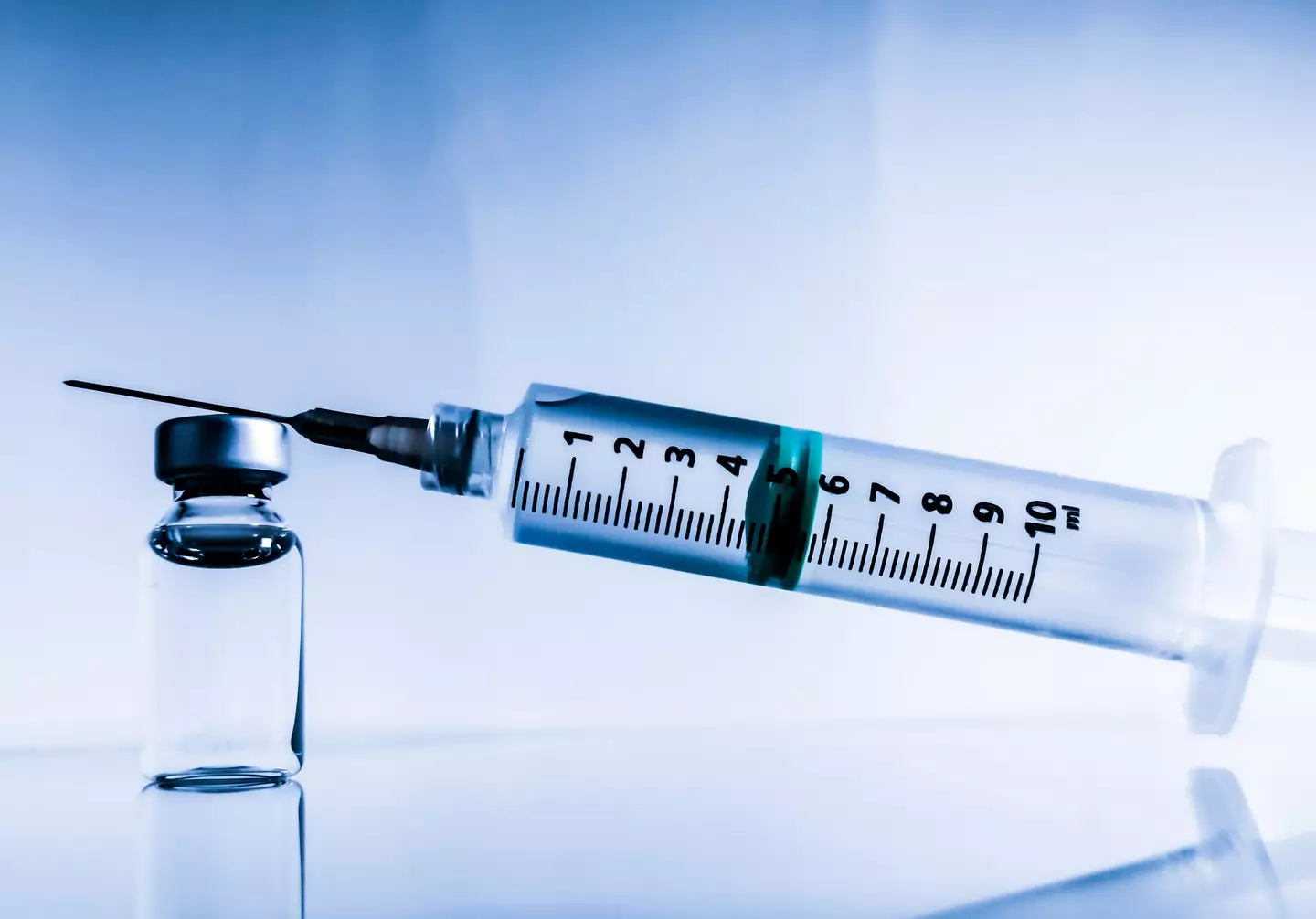The medication in question is Zolgensma, a singular gene therapy designed for children under the age of two.
It addresses spinal muscular atrophy, or SMA, by targeting the genetic root of the condition. Zolgensma replaces a ‘missing or nonworking SMN1 gene’ with a functional version of the SMN gene.
This process relies on a carrier known as a ‘vector’.

Essentially, the carrier is a virus that has had its DNA stripped away.
The missing DNA is replaced with the correct gene.
This method avoids causing illness, as the virus acts as a delivery system to transport the new gene to its target, prompting the body to produce the needed protein. The vectors are eventually broken down and expelled from the body.
The major downside is the staggering $2.1 million price for a single treatment. Families of those affected are outraged and are demanding a reduction in cost.
In 2021, the UK negotiated a deal that allowed them to acquire the drug at a discounted rate, enabling 80 babies annually to receive it.
Novartis, the company behind Zolgensma, had its pricing endorsed by the Institute for Clinical and Economic Review (ICER), an independent body that proposes fair pricing for medications.
Dr. Steven D. Pearson, then-president of ICER, commented on Zolgensma’s $2.1 million cost upon its 2019 release: “Zolgensma is dramatically transforming the lives of families affected by this devastating disease, and given the new efficacy data for the pre-symptomatic population, the price announced today falls within the upper bound of ICER’s value-based price benchmark range.”

Another point of contention is that the early development of Zolgensma was funded by the National Institutes of Health and various charities.
Numerous US-based charities, including Sophia’s Cure, Cure SMA, Getty Owl Foundation, Fighting SMA, Jadon’s Hope Foundation, the Gwendolyn Strong Foundation, and Miracle for Madison, contributed donations for clinical trials and research efforts.
Previously, Spinraza was used to treat SMA, requiring four doses annually for the patient’s lifetime.
Spinraza’s initial year costs $750,000, with each subsequent year priced at $350,000.
A decade of Spinraza treatment would amount to approximately $4 million.
Alarmingly, drug pricing often considers how many additional years of life the treatment provides.
Novartis acquired Zolgensma through the purchase of AveXis for $8.7 billion.
What’s more concerning, most health insurance policies do not cover one-time genetic treatments like this due to their high costs.
Novartis has introduced payment plans, offering instalments of $425,000 annually.
Additionally, they propose partial refunds if the treatment fails.
